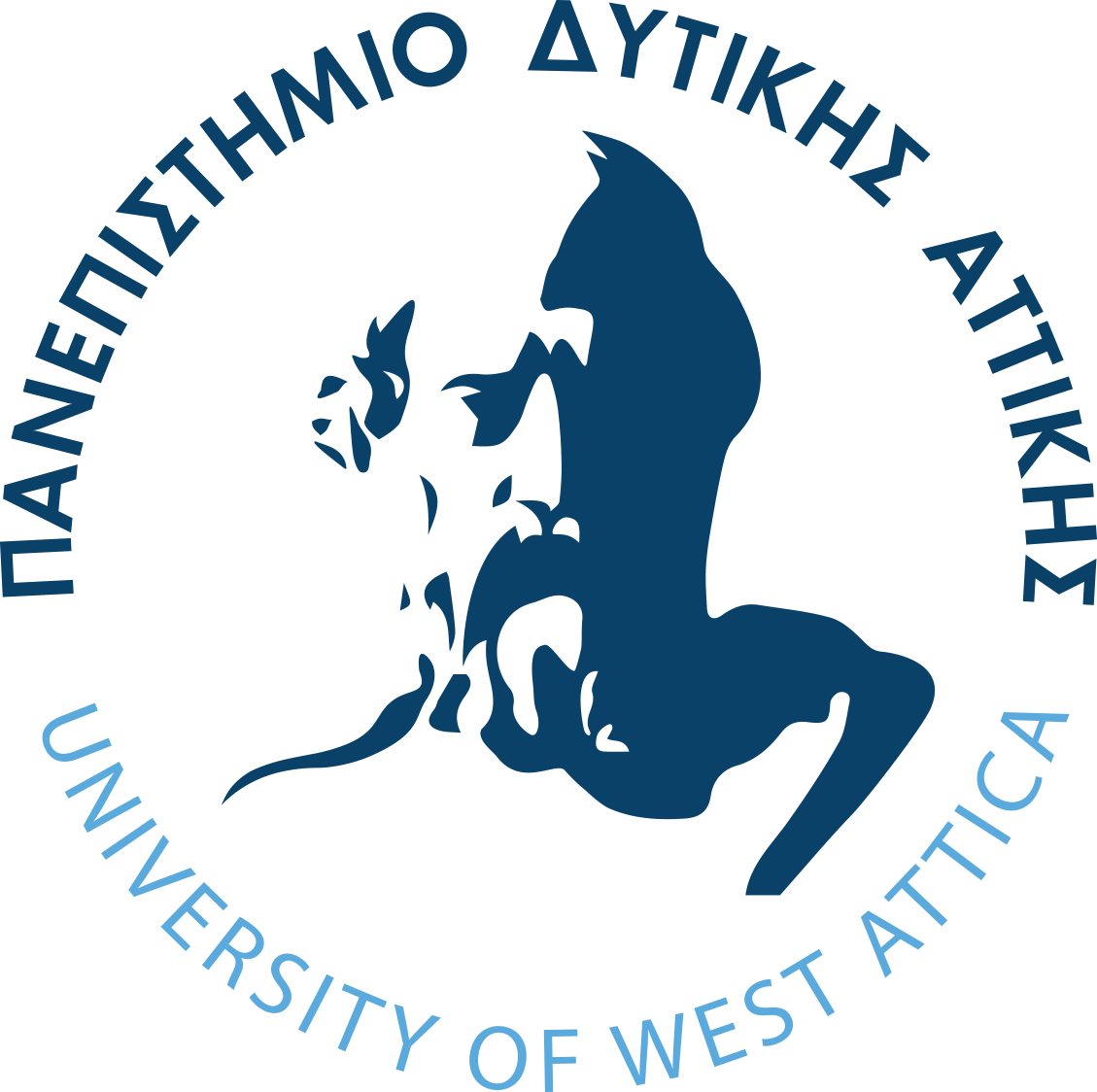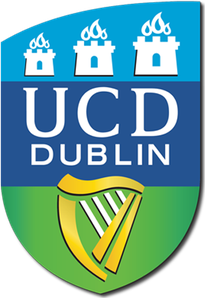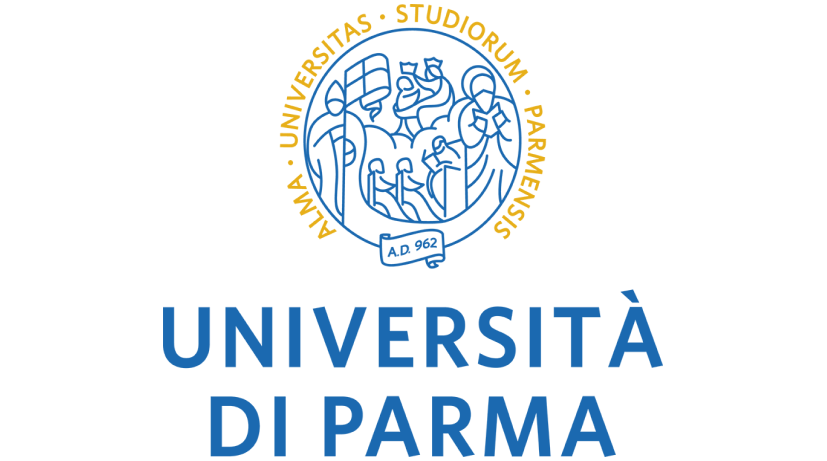Founded in March 2018 through the merger of the Technological Educational Institute of Athens and Piraeus University of Applied Sciences, the University of West Attica (UNIWA) has rapidly established itself as a significant educational institution in Greece. In 2019, the National School of Public Health also joined UNIWA. UNIWA is the third largest university in Greece and operates across four campuses in the metropolitan region of Athens. The university is organized into six schools, comprising twenty-seven departments, covering disciplines such as public health, management, economics, social sciences, food sciences, health and care sciences, applied arts, and engineering. UNIWA has a robust research profile with over 70 Research Laboratories involved in more than 260 research projects, and has secured more than 20 European projects in the last four years. The institution is renowned for its high educational and research standards, responding to the demands of modern society by producing highly skilled graduates with a solid scientific and technological background.
Key personnel involved in this project are:
Dimitrios Papageorgiou: Professor of Critical Care Nursing and Emerging Education Technologies and Director of the "ICU Follow-up Care Lab" at the School of Health and Care Sciences as scientific coordinator.
Areti Stavropoulou: Associate Professor of Nursing Management and Education.
Cleo Sgouropoulou: Professor of Learning Technologies in the Department of Informatics and Computer Engineering.
Ioannis Voyiatzis: Professor at the Department of Informatics and Computer Engineering, School of Engineering.
Phivos-Apostolos Mylonas: Associate Professor at the Department of Informatics and Computer Engineering, School of Engineering.
Christos Troussas: Assistant Professor in the Department of Informatics and Computer Engineering.
Akrivi Krouska: Laboratory Teaching Staff Member in the Department of Informatics and Computer Engineering
Christos Papakostas: Postdoc researcher in AR, educational technology, and information technology acceptance in education.
Konstantinos Evgenikos: Ph.D. candidate, BSN, MSHI, Head of Research in Cancer & IT applications - Oncology and AI in Cancer Prevention Research Group in Greece.
Panagiotis Strousopoulos: Ph.D. candidate with expertise in digital games and developing augmented and virtual reality applications using state-of-the-art technologies and tools.
University College Dublin (UCD) is one of Europe's leading research-intensive universities, renowned for its dynamic spectrum of undergraduate education, masters and PhD training, research, innovation, and community engagement. Ranked within the top 1% of higher education institutions worldwide, UCD is Ireland's most globally engaged university, hosting over 33,000 students from 144 countries, including nearly 4,000 students studying abroad. UCD's main Dublin campus spans 133 hectares, offering world-class facilities for academic and social activities. With 1,829 academic and 2,071 support staff, UCD is Ireland's largest university, providing a diverse array of disciplines. The university's mission focuses on contributing to the flourishing of Ireland and the world through research excellence, high-quality graduates, and robust national and global engagement.
The UCD Strategy 2020-2024, "Rising to the Future," emphasizes four strategic themes: Creating a Sustainable Global Society, Transforming through Digital Technology, Building a Healthy World, and Empowering Humanity. UCD excels in teaching and learning, with four subjects ranked in the top 50 globally (QS World University Ranking by Subject 2021). The university has been ranked number one in Ireland for graduate employability since 2018 (QS Graduate Employability Rankings). The UCD School of Nursing, Midwifery, and Health Systems is a top-ranking research-intensive school, known for its health systems programme and extensive global engagement. The school emphasizes clinical expertise, leadership development, and interprofessional collaboration, preparing students to be expert clinicians, educators, researchers, and leaders.
Key personnel involved in this project are:
Fiona Timmins: Professor of Nursing, Dean, and Head of School at the School of Nursing, Midwifery and Health Systems, University College Dublin. She is a competent researcher who has led several interdisciplinary, international research teams over a 25-year period.
Chu Yuan: PhD Student at University College Dublin
The University of Parma is a State University, known for its centuries-old history dating back to March 13, 962, making it one of the oldest universities worldwide. It is self-governed with administrative, organizational, and financial autonomy, providing tailored services for its 27,000 students and over 5,000 graduates annually. The University employs about 1,700 faculty and staff members and consists of 9 departments, offering 40 First Cycle Degree Courses, 6 Single Cycle Degree Courses, 46 Second Cycle Degree Courses (7 of which are entirely in English), as well as numerous postgraduate schools, teacher training courses, master programs, and PhDs.
The University of Parma attracts a significant number of students from across Italy, with over two-thirds of the student body coming from outside Parma and its province. The institution promotes knowledge creation, transfer, and progress to meet the growing demands for advanced education and research in society. It emphasizes academic study programs as essential for personal development and individual enrichment, guiding students to maximize their potential. The Medical and Surgery Department (DIMEC), established on January 1, 2017, through the merger of four pre-existing departments, coordinates 10 first-level degrees, 4 second-level degrees, 2 single cycle degree programs, 1 interuniversity degree course, 3 doctoral programs, and 35 specialization schools. The Nursing Department offers both bachelor’s and master’s degrees in Nursing.
Key personnel involved in this project are:
Antonio Bonacaro: Associate Professor of Nursing
Susanna Maria Roberta Esposito: Professor in Pediatrics
Massimo Guasconi: Teaching Staff Member
Federico Monaco: Research Fellow
Metropolitan College, established in 1982, is one of Greece's premier private colleges, renowned for its wide range of study fields and status as the largest UK Transnational Education (TNE) provider in Greece. Accredited by the British Accreditation Council and recognized by NARIC, Metropolitan College collaborates with distinguished UK universities to ensure educational excellence.
Metropolitan College is the only Greek college in the International University Network Compostela Group of Universities, offering international academic recognition and networking opportunities. It is also a member of the Hellenic Colleges Association, which includes Greek private colleges that provide university courses in collaboration with European universities. The college has campuses in eight locations across Greece, including a 13,000 m² campus in Maroussi (Athens), branches in Piraeus, Downtown Athens, Thessaloniki, Heraklion, Rhodes, Larissa, and Patra. These campuses feature state-of-the-art facilities such as auditoriums, cutting-edge laboratories, extensive libraries, sports facilities, and recreational areas, creating an educational environment of international standards.






